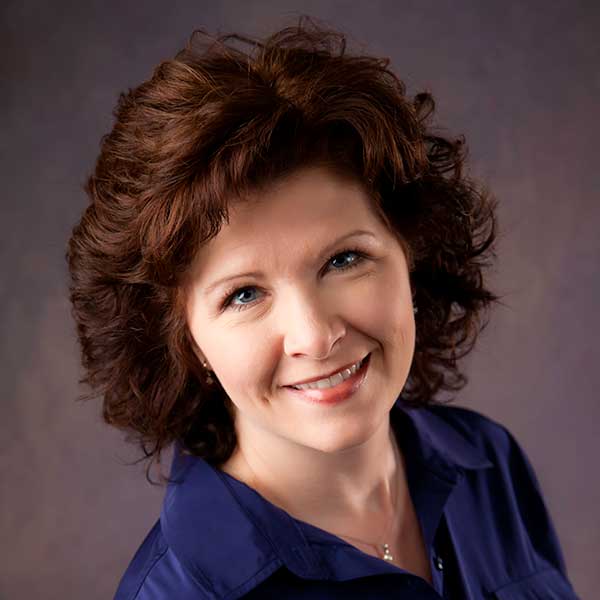Acceptance: A Journey to Calm

“It is what it is.” That phrase was like fingernails on a chalkboard for me every time I heard it. I would think, “That’s it? There’s nothing we can do?” I am a social worker, so for me, there has to be a way . . . an answer . . . an opportunity to change what we don’t find acceptable. What I didn’t realize at the time was that before change can be made, I had to accept the situation as it was, even if I didn’t like it. I needed to move toward acceptance, or Radical Acceptance, in Dialectical Behavior Therapy terms. Acceptance does not mean that we have to like or agree with a situation, but that the situation “is what it is.” It may be something that is out of our control like the Coronavirus forcing us to work from home or wear masks in our favorite stores. It may mean an ice storm making us miss our family Christmas get-together. It may even mean the loss of a relationship, even though we love that person so much and don’t think we can bear to see them leave us.
Getting to the calm that can, and will, if we allow it, come at the end of our journey may be painful. We may go through the stages of grief, introduced by Elisabeth Kübler-Ross in her book On Death and Dying, since essentially, we are experiencing a loss. It may be a loss of control or relationship, but it is still a loss. We can travel through the stages of grief in order, out of order, or think we have moved through one and revisit it later. We may live in a state of denial that the event or change is really happening. We may bargain with God, our own higher power, or the one who is imposing the change. We may feel angry that the change or event has to occur and that we cannot do anything about it. Depression or sadness may follow. The sadness may be due to our feelings about the issue itself, or it can occur when we finally realize this is really happening and have decided we are able to let go of trying to control the thing that is uncontrollable or unacceptable. If we get “stuck” fighting against the thing that seems unacceptable or out of our control, we move from being in pain to suffering. When we have really let go of the desire to continue fighting against something we cannot control and get tired of the suffering, we move into acceptance.
One of my most recent experiences with getting to acceptance came when our office moved to Telehealth. I think I do my best work with clients when I am able to be in the physical space with them and feel their emotions and support them where they are. Go to Telehealth where a screen and miles separated me from my clients? No way! I would show my boss that I could still do it and be okay. Maybe she would make an exception for me. My plan was not her plan, nor was it the plan of our society where this “plague” was creeping in to endanger us. Was I in denial and trying to bargain to get my way? Yes! Was I angry? Yes! Was I sad? Yes! I had a breakdown moment, but I soon realized that in order for things to get to a new normal, I had to accept the change even if I didn’t like it. Many of my clients didn’t want to or didn’t have the ability to do Telehealth, so I had a few weeks of easing in to the new normal with a schedule that wasn’t so busy. I changed my thinking about the situation and found excitement and peace in knowing I had time to catch up on paperwork. I could watch a sitcom over my lunch break on my own TV and not have to eat at my desk! I began to adjust, and I wasn’t angry or fighting it anymore. I still prefer seeing my clients in person and look forward to the day when we can be in the same physical space, but until then, I am accepting what is.
Acceptance can be a place of calm and peace if we allow it to be and don’t fall back into the other stages of grief. When we finally accept something, it is then that we can begin to work toward change. The change may be of a process or policy, or it may be about changing ourselves. If we get stuck in suffering, there are people who can help—counselors, friends, pastors, family members—but the true work has to come from us and our desire to experience the peace and calm that comes from our acceptance and rejoicing of the highs and lows that are life.
Works Cited
Kubler-Ross, E. (1969). On death and dying. New York City: The Macmillan Company.
ABOUT THE AUTHOR

Michelle Stoller
Licensed Independent Clinical Social Worker
Licensed Independent Mental Health Practitioner- Michelle Stoller has been working at Wholeness Healing Center since November 2015 and sees clients in the Grand Island and Kearney offices and also via Telehealth. Michelle believes in the importance of building trusting relationships with clients and understands the difficulties and stressors a person faces may occur due to any number of circumstances. It is never too late to make changes and create a more satisfying life.
LATEST ARTICLES BY Michelle Stoller
Subscribe today
Sign up to receive the latest mental health tips and inspiration